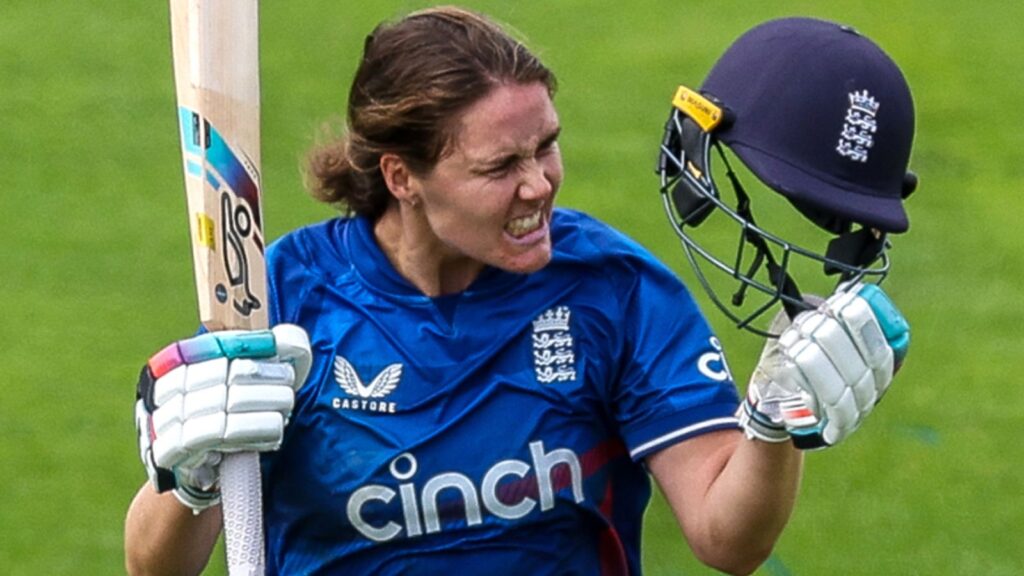After another painful World Cup exit, questions are mounting over whether England’s Ashes review achieved its intended transformation. The scenario felt eerily familiar a defeat in a match they were expected to win, undone by a single brilliant innings.
A year ago, England’s T20 campaign fell apart against West Indies after a series of dropped catches. This time, it was South Africa’s captain, Laura Wolvaardt, who delivered a masterclass, scoring 169 runs to send England packing. Though Charlotte Edwards’ side showed improved fielding and discipline, their batting once again failed under pressure.
England’s inability to chase totals beyond 300 reflects a growing gulf between them and the world’s top teams. While Australia, India, and South Africa consistently post big scores, England’s batting lineup remains overly dependent on Nat Sciver-Brunt and Heather Knight. When early wickets fell in the semi-final, the collapse felt inevitable.
Edwards’ decision to retain the core of an ageing ODI squad was a gamble that backfired. Five of England’s top six are unlikely to feature in the next 50-over World Cup, leaving the team without a clear succession plan. Despite minor progress, such as improved catching and field awareness, the broader strategic issues remain unaddressed.
As Edwards admitted, this marks the end of an ODI cycle. The need to integrate emerging talents like Grace Scrivens, Seren Smale, and Tilly Corteen-Coleman is urgent. However, England’s recent central contracts — largely given to the same group that underperformed — risk cementing stagnation.
The post-Ashes review aimed to spark renewal and prevent complacency. Yet England’s latest defeat suggests that deeper cultural and tactical changes are still needed. For Edwards, the coming months will be crucial: she must rebuild around youth, instill belief in high-scoring chases, and ensure that this generation’s decline becomes the foundation for a brighter future — not another false dawn.

